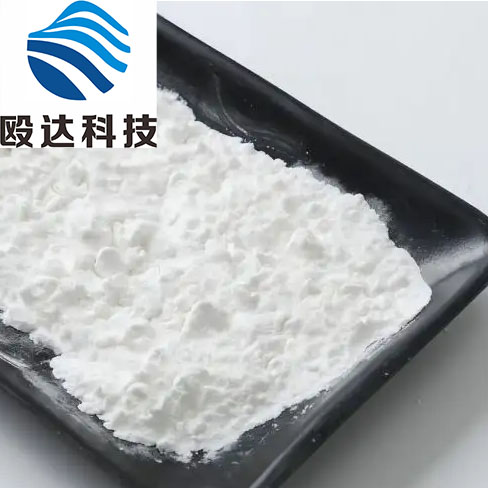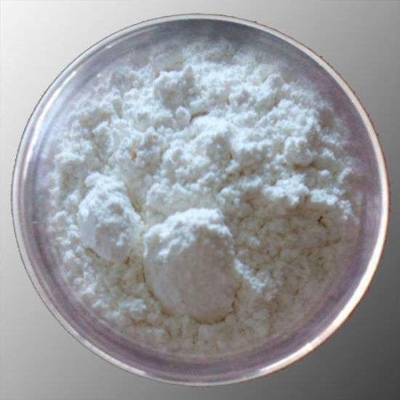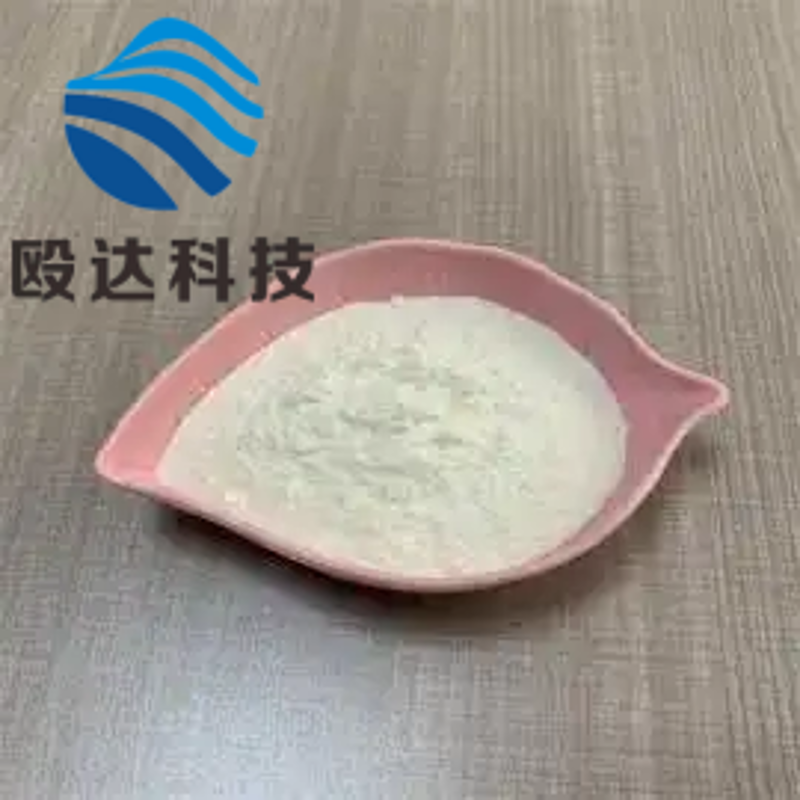-
Categories
-
Pharmaceutical Intermediates
-
Active Pharmaceutical Ingredients
-
Food Additives
- Industrial Coatings
- Agrochemicals
- Dyes and Pigments
- Surfactant
- Flavors and Fragrances
- Chemical Reagents
- Catalyst and Auxiliary
- Natural Products
- Inorganic Chemistry
-
Organic Chemistry
-
Biochemical Engineering
- Analytical Chemistry
- Cosmetic Ingredient
-
Pharmaceutical Intermediates
Promotion
ECHEMI Mall
Wholesale
Weekly Price
Exhibition
News
-
Trade Service
This article is original for Translational Medicine.
Please indicate the source when reprinting.
Author: Ashley Introduction: Previous studies have shown that cardiovascular disease and type 2 diabetes are closely related to lipid metabolism
.
To decipher these relationships at the molecular level, scientists have been using lipidomic analysis for several years
.
Recent studies have identified those lipids that are statistically associated with cardiovascular disease and type 2 diabetes; also found that a diet with an increased proportion of unsaturated fatty acids (FAs) resulted in a decrease in risk-related lipids and an increase in low-risk lipids
.
Lipid metabolism plays an important role in the occurrence and development of cardiovascular disease and type 2 diabetes
.
However, little is known about molecular relationships
.
Using lipidomics, a modern analytical method, a research team led by Dr.
Fabian Eichelmann from DIfE and DZD identified those lipids that were statistically associated with cardiovascular disease and type 2 diabetes
.
In addition, the scientists found that a diet with an increased proportion of unsaturated fatty acids (FAs) resulted in a decrease in risk-related lipids and an increase in low-risk lipids
.
The findings, "Deep Lipidomics in Human Plasma - Cardiometabolic Disease Risk and Effect of Dietary Fat Modulation," were published in the journal Circulation
.
https:// Cardiovascular disease is the leading cause of death worldwide, with approximately 18 million deaths each year
.
People with type 2 diabetes have a 2-3 times increased risk of heart attack or stroke
.
The number of people affected has been rising steadily for decades
.
More than 8 million people in Germany have type 2 diabetes
.
According to scientific forecasts, these numbers will increase to around 12 million by 2040
.
Therefore, there is a great need to identify biomarkers that can indicate disease development at an early stage in order to prevent or at least mitigate its onset
.
Previous studies have shown that cardiovascular disease and type 2 diabetes are closely related to lipid metabolism
.
To decipher these relationships at the molecular level, scientists have been using lipidomic analysis for several years
.
This is a modern analytical method that provides a very detailed understanding of the fatty acid profile in plasma
.
Fatty acids are mainly found in the human body as part of complex molecules (lipids)
.
Based on their molecular structure, they are classified into a number of different lipid types
.
The sum of all lipids in an organism is called the lipidome
.
69 lipids associated with disease risk Dr.
Fabian Eichelmann and his team assessed fatty acid profiles in 2414 blood samples from the EPIC-Potsdam study
.
The samples were first collected in the 1990s, in part from participants who developed cardiovascular disease or type 2 diabetes in subsequent years
.
Using high-throughput lipidomics, the researchers identified a total of 282 distinct lipids, 69 of which were associated with at least one of the two diseases
.
"Forty-nine lipids were found to be statistically associated with cardiovascular disease, mainly cholesteryl esters and sphingolipids," Eichelmann said
.
"Twelve lipids were associated with type 2 diabetes, the majority of which were glycerol and phospholipids
.
Associations with both diseases were observed in eight lipids, with several monoacylglycerides standing out
.
" At the molecular level, The researchers found that high-risk lipids tended to contain most saturated fatty acids, especially palmitic acid
.
Dietary fats show modulating effect In the second part of their study, the scientists wanted to find out whether risk-related lipids could be affected by changing the fatty acid composition of the diet
.
The 16-week intervention study, conducted by partners at the University of Reading in England, aims to provide answers
.
Julie Lovegrove's research team recruited 113 healthy women and men between the ages of 21 and 60 and randomized them into three groups
.
The first group received a diet with an increased amount of saturated FA
.
The second group followed a diet high in monounsaturated FA
.
The third group was given a diet high in monounsaturated and polyunsaturated FA
.
The diets were designed in such a way that total energy intake was the same for all three groups so that participants neither gained nor lost weight
.
At the start of the study and four months later, blood samples were taken so the researchers could determine and compare the fatty acid profiles in the participants' plasma
.
"We found that a diet with an increased proportion of unsaturated fatty acids provided a reduction in risk-related lipids, along with an increase in low-risk lipids, compared to a diet with an increased proportion of saturated fatty acids," concluded Lovegrove
.
The findings suggest that replacing saturated fatty acids with unsaturated fatty acids in the diet is a potential tool for preventing cardiovascular disease and type 2 diabetes
.
"Identified lipids serve as biomarkers of increased risk
.
Future risk prediction models can be based on them," says Prof.
Matthias Schulze, head of the Molecular Epidemiology Unit and principal investigator of the DIfE EPIC-Potsdam study
.
Next, the researchers wanted to identify a lipidomic fingerprint in blood describing the effects of the trial diet and examine whether it was associated with long-term risk of cardiovascular disease
.
Reference: https://medicalxpress.
com/news/2022-04-lipidomics-biomarkers-cardiovascular-disease-diabetes.
html Note: This article aims to introduce the progress of medical research and cannot be used as a reference for treatment plans
.
For health guidance, please go to a regular hospital for treatment
.
Recommendation·Event Click the text or scan the QR code to view the details.
April 26th 14:00-15:00 Technical route and quality control of online exosome research Online "Exploring Genes, Insights Against Epidemic" - Webinar on New Technologies in Pathogen Molecular Detection Scanning Appointment Live April 28, 10:00-11:30 The application of online quantitative protein evolution in the field of industrial enzymes and the solution of Twist Bioscience Program scanning appointment live broadcast April 28, 16:00-18:00 Online cell "Luo Wanxiang", "Ji" in the era of 10,000-yuan single-cell platform is coming--Jinjia single-cell platform research assistance plan scanning appointment live broadcast April 28 April 29th 14:00-16:00 Online MGI C4-Cell for All Online Seminar No.
1 The second phase of "Nature author face-to-face" scan appointment live broadcast







